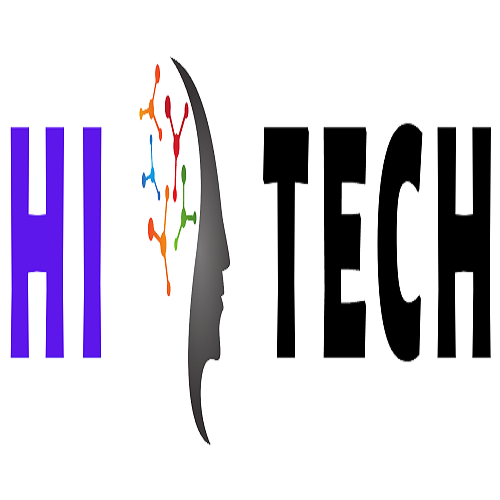What is Artificial Intelligence?
AI
refers to a set of technologies and techniques that enable machines to perform
tasks that typically require human intelligence, such as reasoning, learning,
perception, and problem-solving. It encompasses a wide range of subfields,
including machine learning, deep learning, natural language processing,
computer vision, robotics, and cognitive computing.
The History of Artificial Intelligence:
The
concept of AI dates back to ancient times, but the modern era of AI research
began in the 1950s
In
the following decades, AI research progressed slowly, and many researchers
became disillusioned with the field due to the limited progress and the failure
to achieve the ambitious goals set at the Dartmouth Conference. However, the
emergence of new computational techniques, such as neural networks, led to a
resurgence of interest in AI in the 1990s.
Today,
AI research is a thriving field with many applications and a bright future.
The Current State of Artificial Intelligence:
One
of the most visible examples is virtual personal assistants, such as Siri and
Alexa, which use natural language processing to understand and respond to our
voice commands. Another example is self-driving cars, which use computer vision
and machine learning to navigate roads and avoid obstacles.
AI
is also being used in healthcare to analyze medical images and assist with the
diagnosis of diseases. In education, AI is being used to personalize learning
and provide students with feedback.
The Future of Artificial Intelligence:
On
the one hand, AI has the potential to revolutionize virtually every aspect of
our lives, from transportation and healthcare to entertainment and education.
On the other hand, there are concerns about the ethical and societal
implications of AI.
As
machines become more capable of performing tasks that typically require human
intelligence, there is a risk that many jobs will become automated, leading to
widespread unemployment.
Impact on Industries :
The
potential applications of AI are vast and varied, and they have already begun
to impact various industries.
Healthcare: AI is being used to analyze medical images and
assist with the diagnosis of diseases.
Transportation: AI is being used in self-driving cars to
navigate roads and avoid obstacles. It is also being used in logistics to
optimize routes and reduce delivery times.
Education: AI is being used to personalize learning and provide students
with feedback. It is also being used to develop intelligent tutoring systems
that can adapt to students' individual needs.
Customer service: AI is being used in virtual
assistants and chatbots to provide customers with personalized support and
answer their queries.
Entertainment: AI is being used in recommendation engines
that suggest movies, TV shows, and music based on users' preferences. It is
also being used to develop video games with intelligent non-player characters.
The
potential applications of AI are virtually limitless, and we can expect to see
more innovative uses in the years to come.
Types of Artificial Intelligence:
Narrow or Weak AI: This type of AI is designed to
perform specific tasks, such as facial recognition or language translation. It
is limited to the particular task it is designed for and cannot perform other
tasks.
Superintelligence: This type of AI surpasses human
intelligence and is capable of solving problems that humans cannot. It is
currently only a theoretical concept, and there is much debate about whether it
is possible to develop such an AI.
Ethical and Societal Implications of Artificial Intelligence:
As
AI becomes more prevalent in our lives, there are concerns about its ethical
and societal implications.
Bias: AI systems can perpetuate and even amplify existing biases in
society, such as racial or gender biases.
Privacy: AI systems can collect and analyze vast amounts of data about
individuals, raising concerns about privacy and data protection.
Job Displacement: As AI becomes more capable of
performing tasks that typically require human intelligence, there is a risk
that many jobs will become automated, leading to widespread unemployment.
Autonomy: There are concerns about the use of autonomous systems, such as
self-driving cars or drones, and the potential risks associated with their use.
Misuse: There are concerns about the potential misuse of AI, such as the
use of autonomous weapons or the use of AI to manipulate public opinion.
Conclusion:
AI
is a rapidly growing field that has already begun to impact our daily lives,
and its influence is only expected to grow in the years to come. While there
are concerns about the ethical and societal implications of AI, there is also
tremendous potential for AI to revolutionize virtually every aspect of our
lives. It is up to us to approach AI development with caution and consideration
for its potential impact, and to invest in education and training programs to
ensure that people have the skills they need to thrive in a world where AI is
increasingly prevalent.









0 Comments